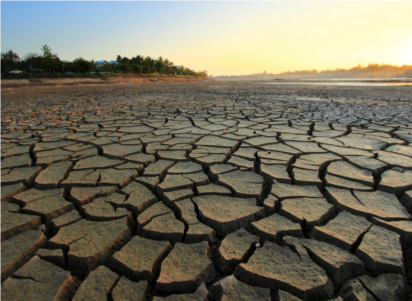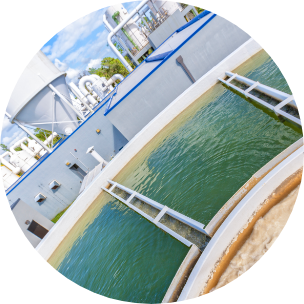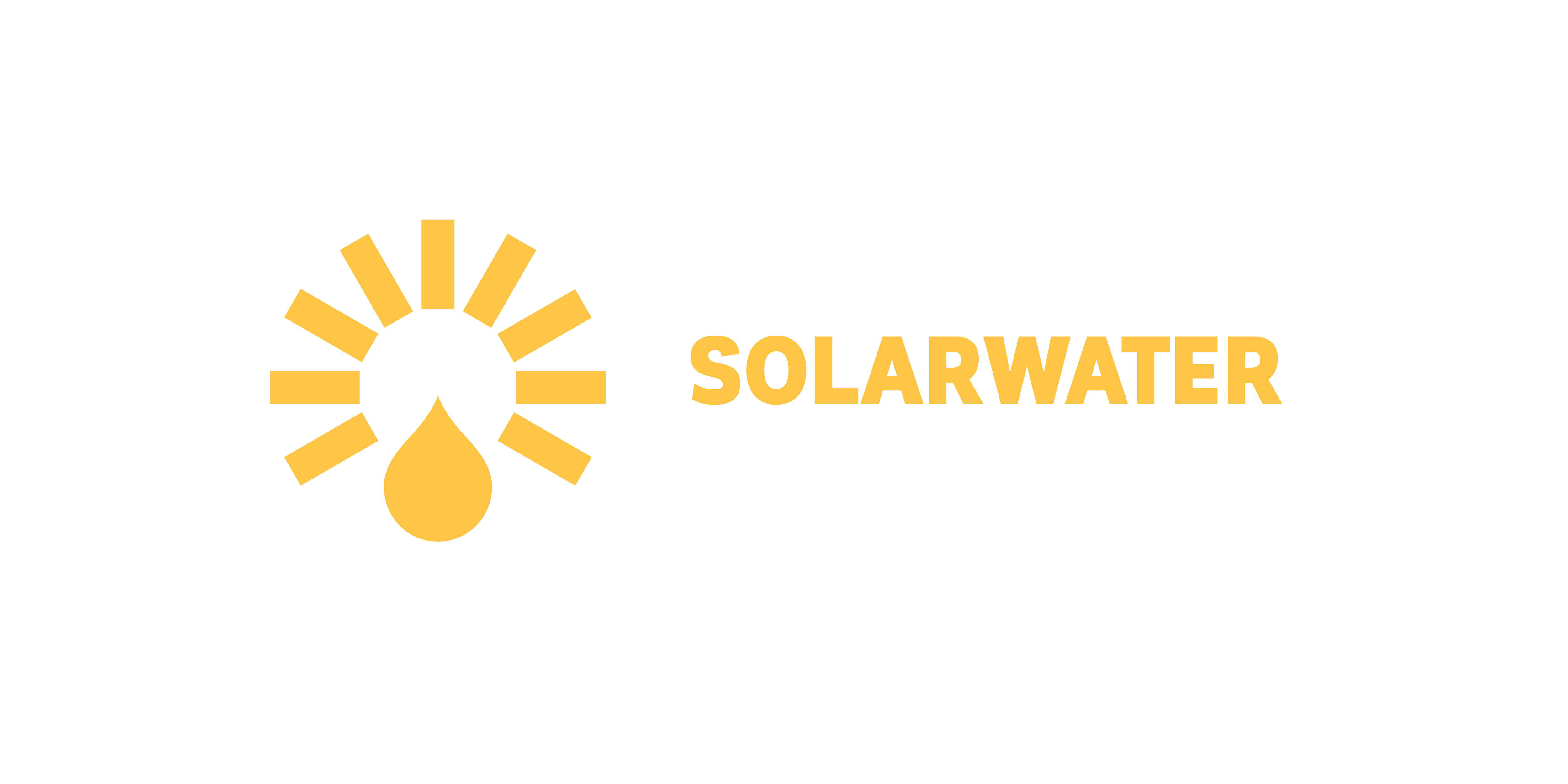Climate change is affecting traditional supplies, even while rapid population growth and industrial development are increasing demand. It is estimated that global demand for fresh water will exceed supply by 40% in 2030, due to a combination of climate change, human action and population growth.
As the evidence builds up, more and more people are waking up to the fact that humanity is facing crisis. Driven by climate change, rapid population growth and ever-growing industrial development – we are in a state of emergency.
THE WATER PROBLEM
While 70% of the planet is covered in water, there are increasing water shortages as demand is outstripping the supply of fresh water. Only 3% of the world’s water is fresh water.
Over one billion people lack access to water and almost a further 3 billion find it scarce for at least one month of the year, thousands are dying every day. Many of the world’s largest cities are in a situation of water stress, some critically so. It is a growing problem. In the poorer areas of the globe, children are literally dying due to lack of access to clean water.
Expanding populations, human activity and their impact on nature are having an increasingly negative impact on the availability of water, especially where water is most needed. It is becoming clearer that more and more regions of the world are facing serious water problems.
In the future, we will also start to see national and transboundary conflicts over freshwater supplies, armed conflict over water shortages and irreversible damage to marine life. There is a real and substantiated water crisis that is getting progressively worse.
THIS
IS AN
EMERGENCY

global demand for fresh water will exceed supply by 40% in 2030
over a billion people already lack access to clean water
children die every day from having no fresh water
desalination plants, largely reliant on burning fossil fuels
KEY CONCERNS
Political
Water will become increasingly scarce in many countries around the world, especially in the MENA region, raising issues about the long-term possibility of conflicts over water in the future.
Economic
Increases in water tariffs around the globe targeted towards the needs of higher income families, may leave others unable to afford drinking and irrigation water.
Technological
There have been continuous advances in the technology of desalination. The industry is certainly dynamic which creates openings for innovative ways to desalinate water.
Environmental
One of the major issues with desalination is the negative effect it has on the environment due to the pollution caused by reliance on fossil fuels. There has accordingly been an increased focus on using renewable energy to limit the environmental damage.
Salt
90% of reverse osmosis plants dump hyper-saline brine back into the sea, damaging marine life. Solar Water is developing alternatives, including low saline dispersion and the opportunity to process and sell the salt commercially.

TRADITIONAL METHODS ARE NOT WORKING
SOLAR WATERTM?
